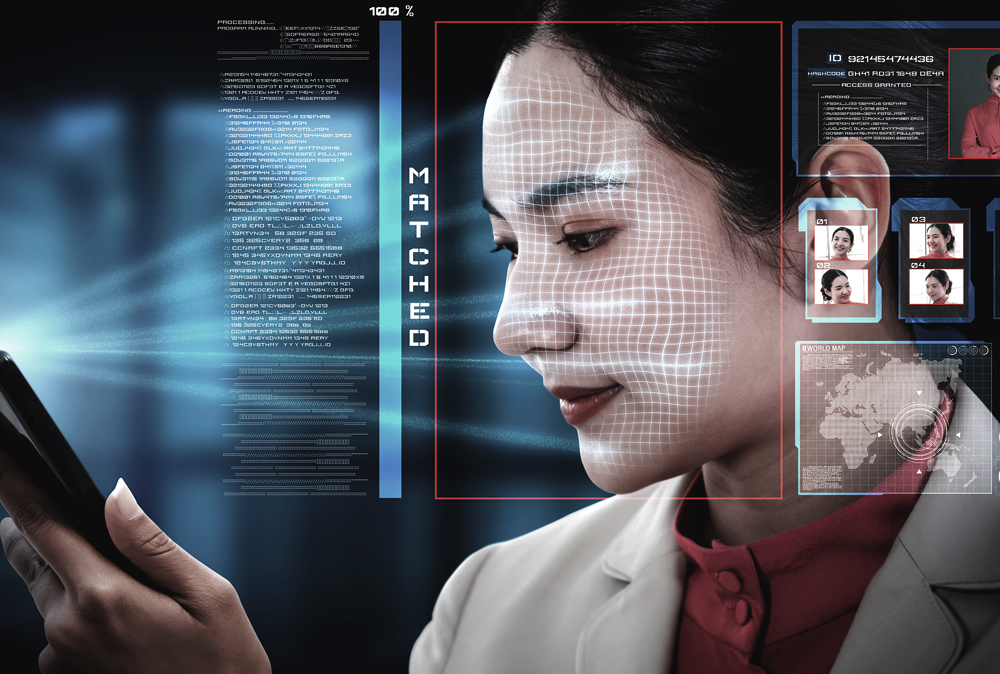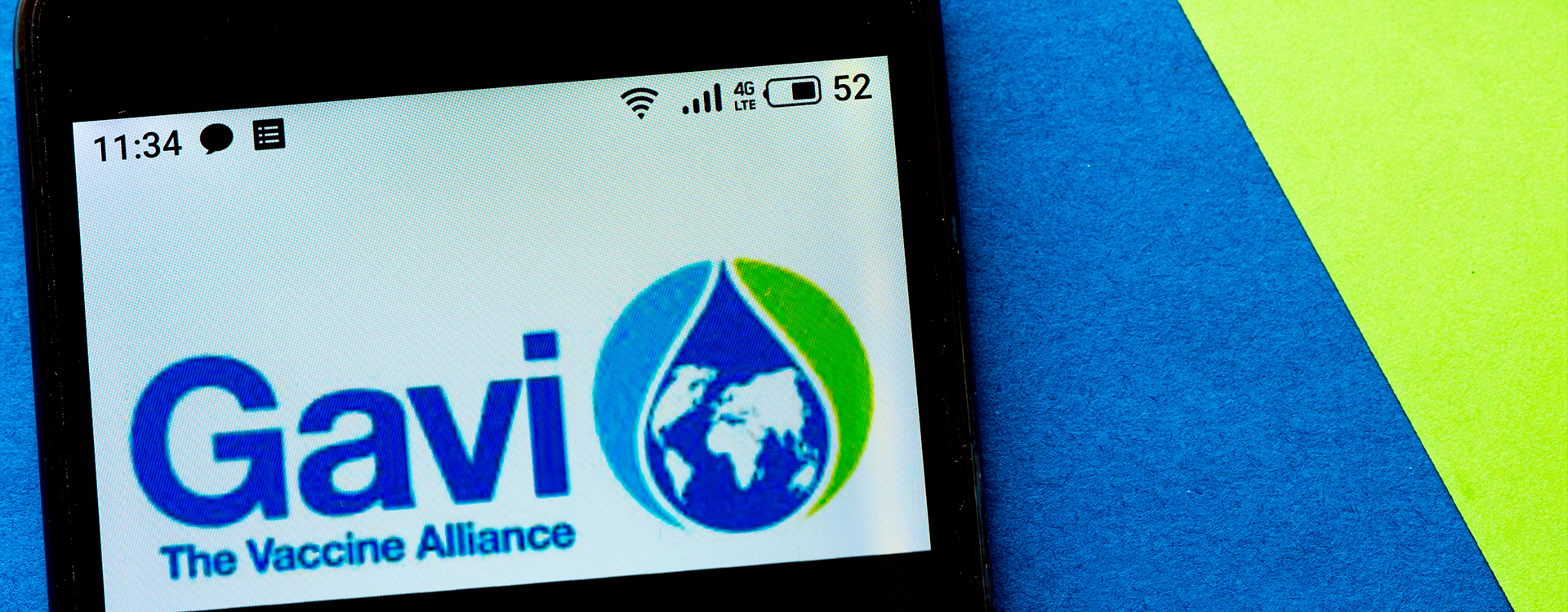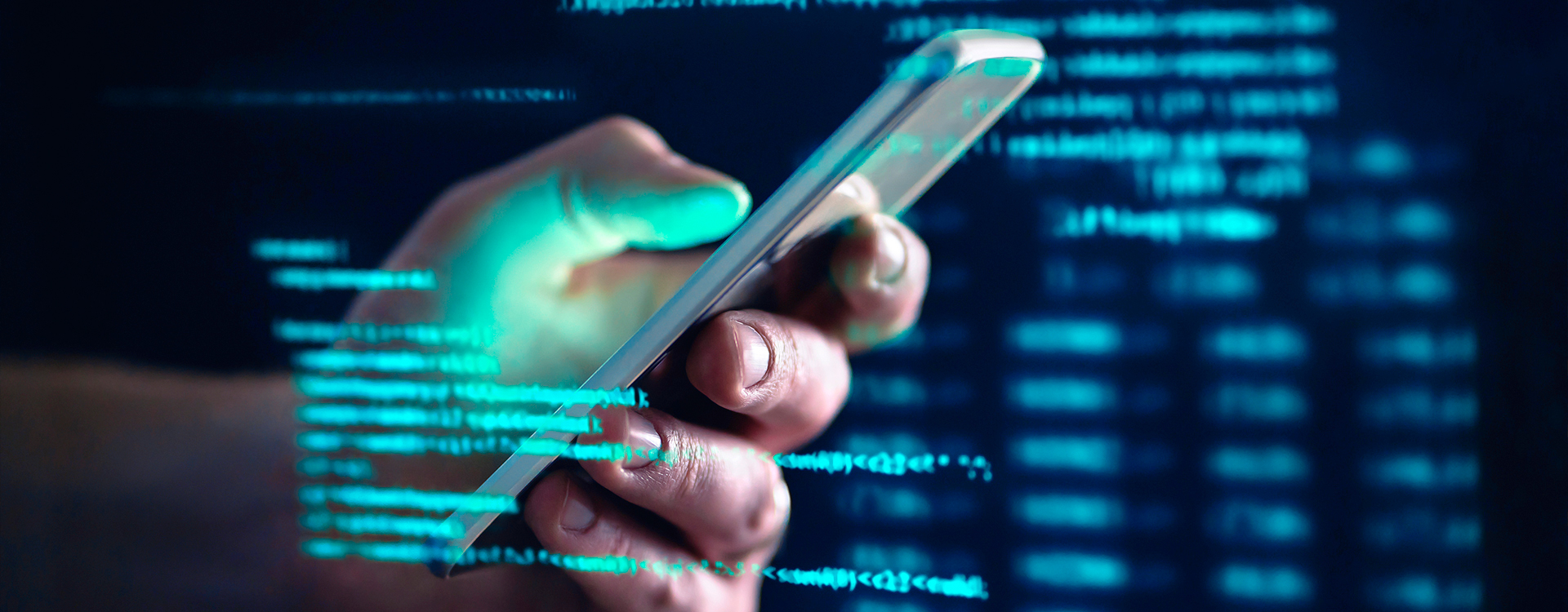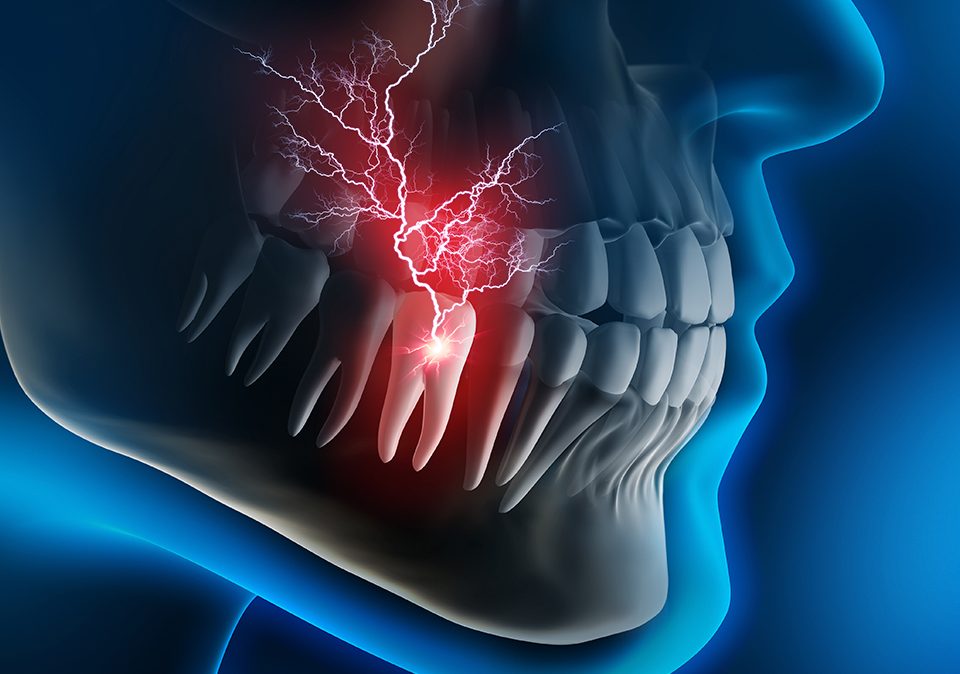
Why you should protect your children from the Covid-19 shot.
10 January, 2022
ID WALLETS: Regaining control of our digital identity
12 April, 2022
4 April, 2022
The ID2020 global surveillance macro-project led by Bill Gates and inaugurated with a summit in May 2016 at the United Nations headquarters in New York, continues moving forward in different corners of the planet. One of the latest decisions of this massive identity registration plan is the blocking of 73 million cell phones in Nigeria.
Since 2013 and as part of a larger program to identify its population, Nigeria has been implementing a National Identification Number (NIN). This large database aimed, according to the central government, at preventing fraud and identity theft, as well as fighting terrorism, has been widespread in one of Africa's economic powers and most populous country. The NIN is a personal and non-transferable 11-digit number, randomly assigned to each person once he or she registers in the National Identity Database. Obtaining this code involves the registration of biometric data (fingerprints, photograph, etc.) and, once configured, it will be used in any transaction that requires verification of the subject's identity, such as tax payments, pension payments, access to social benefits and health services, application for an ID card, passport or driver's license, opening bank accounts, etc.

In 2020 the Nigerian government decides to link the NIN number to cell phone SIM cards. The measure is intended to simplify the tracking of individuals and prevent the significant amount of crime that occurs due to telephone scams or duplicate cards. The issued mandate affects 198 million SIM cards, out of a population of 215 million. Due to the scarce success of the initial call and after several delays, the Minister of Communications and Digital Economy, Ibrahim Pantami, made a radical decision in April of this year: he ordered telecommunications companies to block all SIM cards that had not been linked to the NIN. 73 million users suddenly found themselves unable to make calls from one day to the next, although they could receive them; all those who were not willing to be monitored for 24 hours and did not succumb to blackmail and pressure from a government that doesn’t hold even the most elementary credit. In addition, Nigeria is a country where almost everyone relies on cell phones as there are hardly any landlines due to policies of eliminating them and supporting digital networks.
The Nigerian population is tired of these control dynamics and recent surveys have shown that up to 90% are against it, expressing worries about the respect for their privacy. Despite this widespread sentiment, a significant number ended up registering their cards. These tracking systems are the government's way of exercising control over bank accounts, entries into and exits from the country, contacts, family networks, locations... A complete map of individual existence in the hands of power.

It would be naive to not see that this whole deal with SIM cards and NIN numbers is just another chapter in a much, much larger ploy, with dictator Bill Gates at the center of it all. Africa is the testing ground for a giant biometric identity platform: the ID2020 program. The Gates Foundation, in collaboration with the Vaccine Alliance (GAVI) and the Rockefeller Foundation, pushed in 2016 for this macro global digital ID system that would be above and beyond any other national system. Being part of ID2020 will end up being essential to perform economic transactions, access health or education services or enjoy political rights. It will connect all our biometric data, credit cards, health records and any other identity attribute. Gates, who has been adding partners to this devious plan over the years, justifies the ID2020 charter with the fact that there are millions of people who do not have the ability to identify themselves, especially on the African continent, and therefore lack the capacity to overcome the bureaucratic barrier prior to accessing basic services. The millionaire professional "philanthropist" again sets himself up as the savior of the disadvantaged, providing them with universal rights. Obviously, there is a higher interest, and that is why GAVI's role in this project is key, as ID2020 will allow them to have very precise information on who, how and when is vaccinated, among other matters. From all this data, decisions on the freedom of citizens, the implementation of public health policies or the clauses of contracts with pharmaceutical companies will be construed. ID2020 receives millions of dollars in funding from private companies and, among its activities, is subsidizing research projects on digital identification methods in "vulnerable" territories.
Ethiopia has just signed an agreement with GAVI and Mastercard to launch the Wellness Pass, also available in Mauritania and will soon be in other West African countries. The pass keeps health-related information up to date digitally on a card with a personal chip that will be provided by the health centers themselves. GAVI thus ensures that it will be able to deliver vaccines to every corner, including the most disadvantaged regions. Controls on the civilian population are extended in disguise.

Following Nigeria's lead, Zambia has also deactivated around two million cards "suspected" of fraud and Kenya has deactivated all those that have not been officially registered. It has been recently proposed in South Africa, to link the biometric data of South Africans to their SIM cards, also to fight certain criminal activities.
Global coercive mechanisms are being widespread, mechanisms that use technology and redefine the margins of our identification in virtual space. Cell phones, which can be a magnificent tool, become a symbol of social control, the apparatus used by Big Brother to track our daily lives and remind us that we are not free. Hovering over this maneuver: the fear of becoming citizens outside the system and Bill Gates as a dominant force.




